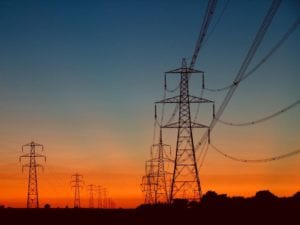Africa will see an investment of $2 billion in facility development, skills training, and sustainability initiatives by 2018.
General Electric (GE) made the announcement of its investment in advance of the U.S.-Africa Leaders Summit, where GE is hosting African and global government officials, policy experts, NGOs, entrepreneurs and business leaders for a conference on investment, infrastructure, and innovation in Africa. Africa has emerged as the most promising growth region for GE, with total revenues in Africa in 2013 sitting at $5.2 billion and more than $8.3 billion in orders across Africa. GE Chairman and CEO Jeff Immelt said, “I am proud of our 100-year history in Africa. Through investments such as our new multi-modal manufacturing facility in Nigeria, Algeria gas turbine manufacturing, and our customer innovation centre in South Africa, we remain a committed partner to Africa’s sustainable growth.” The company will focus its investment in Africa in three strategic areas: building infrastructure; delivering localised solutions to customers; and capacity building, by providing skills training and growing supply chain development in local communities.Contributing to Africa
Core infrastructure needs in Africa represent a $90 billion opportunity. GE’s technologies generate 25% of Africa’s gas power, and nearly 70% of the electricity distributed across Algeria. GE is working with partners in Africa to drive sustainable development and solve local challenges by investing in technology, building capital markets and developing technical skills within communities. The company empowers the communities in which it operates by providing skills training and developing leaders through partnerships with local governments, schools, and hospitals. “Over the last few years, we have expanded in growth markets by 15% each year,” Immelt said. “Our capability and culture give us great momentum in Africa and other developing regions around the world. We are solving problems for our customers and countries where we invest.”






